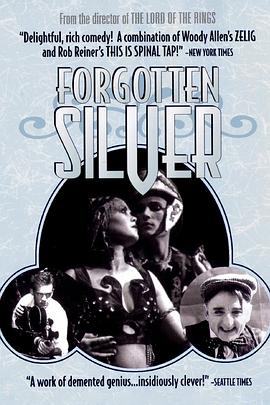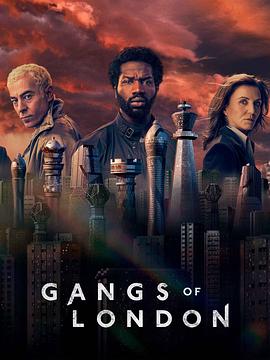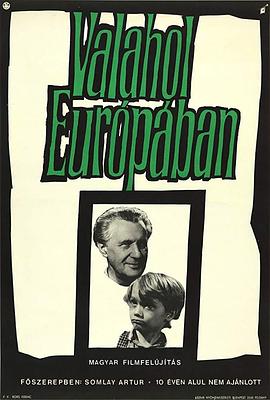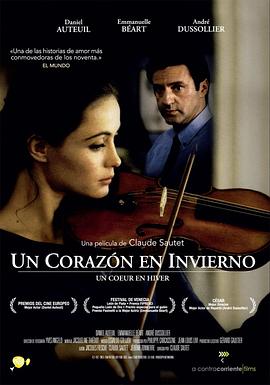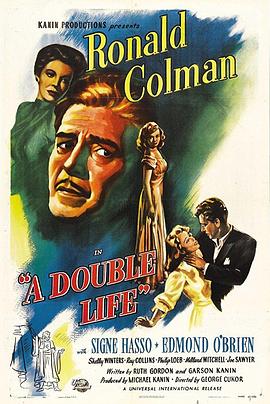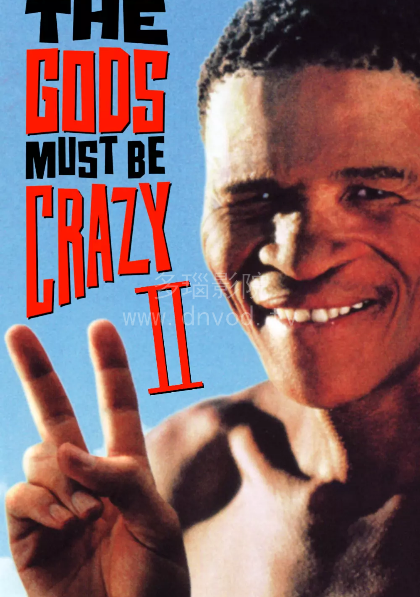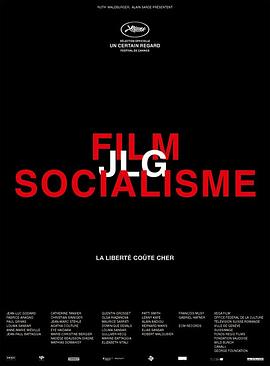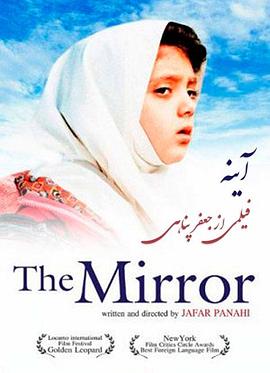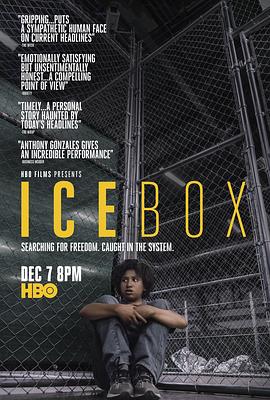-
备注:已完结
类型:电影
主演:Artúr Somlay Miklós Gábor Zsuzsa Bá
语言:其它
年代:未知
简介:Somewhere in the remote region, the war ends. In the midst of ruined cities and houses in the streets, in rural hamlets, everywhere where people still live, are children who have lost their homes and parents. Abandoned, hungry, and in rags, defenseless and humiliated, they wander through the world. Hunger drives them. Little streams of orphans merge into a river which rushes forward and submerges everything in its path. The children do not know any feeling; they know only the world of their enemies. They fight, steal, struggle for a mouthful of food, and violence is merely a means to get it. A gang led by Cahoun finds a refuge in an abandoned castle and encounters an old composer who has voluntarily retired into solitude from a world of hatred, treason, and crime. How can they find a common ground, how can they become mutual friends The castle becomes their hiding place but possibly it will also be their first home which they may organize and must defend. But even for this, the price will be very high. To this simple story, the journalist, writer, poet, scriptwriter, movie director, and film theoretician Béla Balázs applied many years of experience. He and the director Géza Radványi created a work which opened a new postwar chapter in Hungarian film. Surprisingly, this film has not lost any of its impact over the years, especially on a profound philosophical level. That is to say, it is not merely a movie about war; it is not important in what location and in what period of time it takes place. It is a story outside of time about the joyless fate of children who pay dearly for the cruel war games of adults. At the time it was premiered, the movie was enthusiastically received by the critics. The main roles were taken by streetwise boys of a children's group who created their roles improvisationally in close contact with a few professional actors, and in the children's acting their own fresh experience of war's turmoil appears to be reflected. At the same time, their performance fits admirably into the mosaic of a very complex movie language. Balázs's influence revealed itself, above all, in the introductory sequences an air raid on an amusement park, seen in a montage of dramatic situations evoking the last spasms of war, where, undoubtedly, we discern the influence of classical Soviet cinematography. Shooting, the boy's escape, the locomotive's wheels, the shadows of soldiers with submachine guns, the sound of a whistle—the images are linked together in abrupt sequences in which varying shots and expressive sharp sounds are emphasized. A perfectly planned screenplay avoided all elements of sentimentality, time-worn stereotypes of wronged children, romanticism and cheap simplification. The authors succeeded in bridging the perilous dramatic abyss of the metamorphosis of a children's community. Their telling of the story (the scene of pillaging, the assault on the castle, etc) independently introduced some neorealist elements which, at that time, were being propagated in Italy by De Sica, Rossellini, and other film artists. The rebukes of contemporary critics, who called attention to formalism for its own sake have been forgotten. The masterly art of cameraman Barnabás Hegyi gives vitality to the poetic images. His angle shots of the children, his composition of scenes in the castle interior, are a living document of the times, and underline the atmosphere and the characters of the protagonists. The success of the picture was also enhanced by the musical art of composer Dénes Buday who, in tense situations, inserted the theme of the Marseilaise into the movie's structure, as a motive of community unification, as an expression of friendship and the possibility of understanding. Valahol Europaban is the first significant postwar Hungarian film. It originated in a relaxed atmosphere, replete with joy and euphoria, and it includes these elements in order to demonstrate the strength of humanism, tolerance, and friendship. It represents a general condemnation of war anywhere in the world, in any form.
-
备注:已完结
类型:纪录片
主演:玛利亚·莎拉波娃 约翰·麦肯罗 安迪·罗迪克 Nick Kyrgios
导演:未知
语言:英语
年代:未知
简介:该纪录剧集由《一级方程式:疾速争胜》幕后团队精心打造,追踪多名独当一面的网球员在球场内外的生活,看他们如何竭力在竞争激烈的大满贯决赛中称霸,更希望一天能达成成为世界第一的宏愿。制作团队投入整整一年时间,贴身追踪多位顶尖球员到世界各地争夺四项大满贯,以及在ATP男子巡回赛及WTA女子巡回赛争胜。
-
备注:已完结
类型:电影
主演:丹尼尔·奥特伊 艾曼纽·贝阿 安德烈·杜索里埃 伊丽莎白·布尔吉娜 布
导演:克洛德·索泰
语言:法语
年代:未知
简介:史蒂芬(丹尼尔·奥图 Daniel Auteuil 饰)与马克西姆(安德烈·杜索里埃 André Dussollier 饰)是相处多年的好友,性格迥异的两人之间产生的奇妙化学反应让他们成为了工作上的完美搭档。两人共同创建了一个小提琴工作室,提供出售和修理小提琴的服务,日 子过得平静而快乐。 作为工作室的客户,卡米尔(艾曼纽·贝阿 Emmanuelle Béart 饰)的第一次光顾就吸引了两位好友的目光,马克西姆更是立刻就对卡米尔展开了热烈的追求,可是卡米尔的目光却落在了表面冷漠的史蒂芬身上。在拒绝和吸引中,三个人的恋情无法得以善终,多年后,当他们重新聚在一起,是否会因为曾经的退缩和恐惧感到淡淡的伤感?
-
备注:已完结
类型:电影
主演:历苏 Lena Farugia Hans Strydom
导演:加美·尤伊斯
语言:
年代:未知
简介:在沙漠中生活的卡拉哈里人远离现代世界,在干旱的环境里自有一套谋生方式。卡拉哈里人奇哥(N!xau饰)的两个幼子奇沙与奇尔在父亲寻找食物时被车厢的露水吸引,登上了偷猎者的卡车,却被不知情的偷猎者带走。奇哥自此踏上了追寻孩子的旅途……来自美国的法学博士安泰勒(LenaFarugia饰)经一位心血来潮的飞行员邀请,登上了他的飞机,却为恶劣的天气影响,和动物学家马歇尔(HansStrydom饰)一同被困在沙漠的深处,两位博士术业有专攻,但野外生存肯定不是安泰勒的强项,女博士忙乱的表现为这次历险平添了轻松的气氛……古巴战士与非洲士兵为双方阵营而战,两个人一把枪传来传去,他们也先后做着对方的俘虏……这群人在沙漠深处的动物天堂穿插互动,上演了一出温馨轻松的喜剧。
-
备注:已完结
类型:电影
主演:Catherine Tanvier Christian Sinnige
导演:让-吕克·戈达尔
语言:法语
年代:未知
简介:这部影片被形容为一部“三个乐章的交响乐”,片中集合了几位有着不同国家、种族背景的角色。影片的故事发生在一艘地中海豪华邮轮上,游轮行经六处著名的欧洲神话故事遗址,其中包括埃及、巴勒斯坦、希腊、敖德萨、那不勒斯、巴塞罗那。来自世界各地不同文化背景、说着不同语言的乘客在这里相遇。主要角色包括一位来自莫斯科警察局的探长,一名出身背景不详、由孙女陪同的老战犯,一名上了年纪的法国警察,一位巴勒斯坦大使,一位前联合国女官员,一名间谍,以及法国哲学家阿兰·巴丢和美国“朋克教母”帕蒂·史密斯。
-
备注:已完结
类型:电影
主演:Mina Mohammad Khani Kazem Mojdehi N
导演:贾法·帕纳西
语言:其它
年代:未知
简介:伊朗导演贾法·潘纳希(Jafar Panahi)正在拍摄一部儿童影片,影片讲述打着石膏的小女孩米娜·穆罕默德·汉妮(Mina Mohammad Khani)放学后没有等到接她的母亲,于是自己独自回家的故事。然而在拍摄公交车一场戏时,却突然发生状况。米娜死死地盯着摄像机,突然大喊“我不拍了!”任凭导演如何劝说,这个小女孩就是不愿继续,转而独自离开。由于疏忽,米娜身上的微型麦克风未来得及摘除,导演当即决定尾随米娜,跟拍她回家的全过程。虚幻与现实的界限就在这一刻模糊了…… 本片荣获1998年伊斯坦布尔国际电影节金郁金香奖、1997年洛迦诺国际电影节金豹奖、1998年新加坡国际电影节最佳亚洲导演奖。
